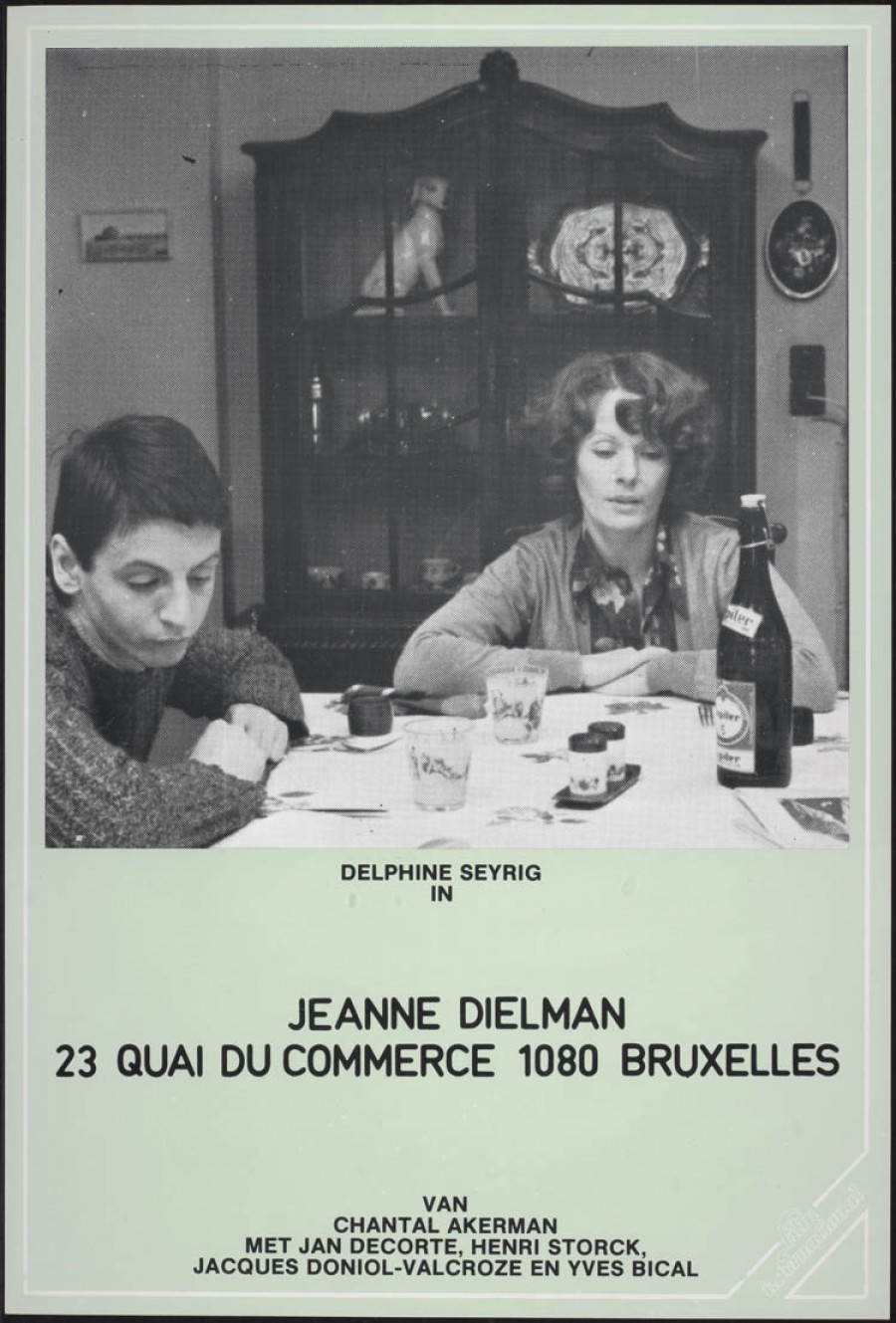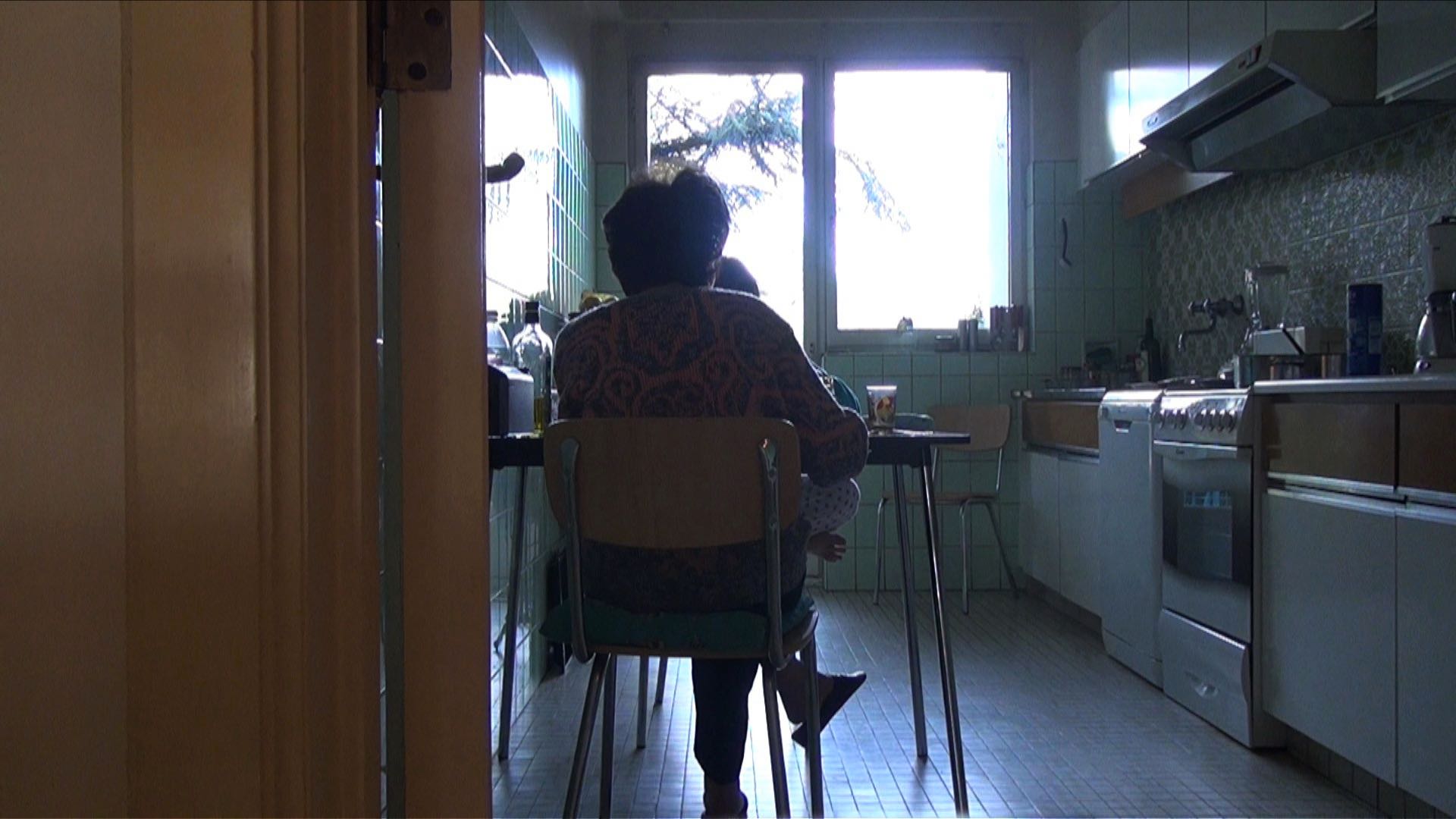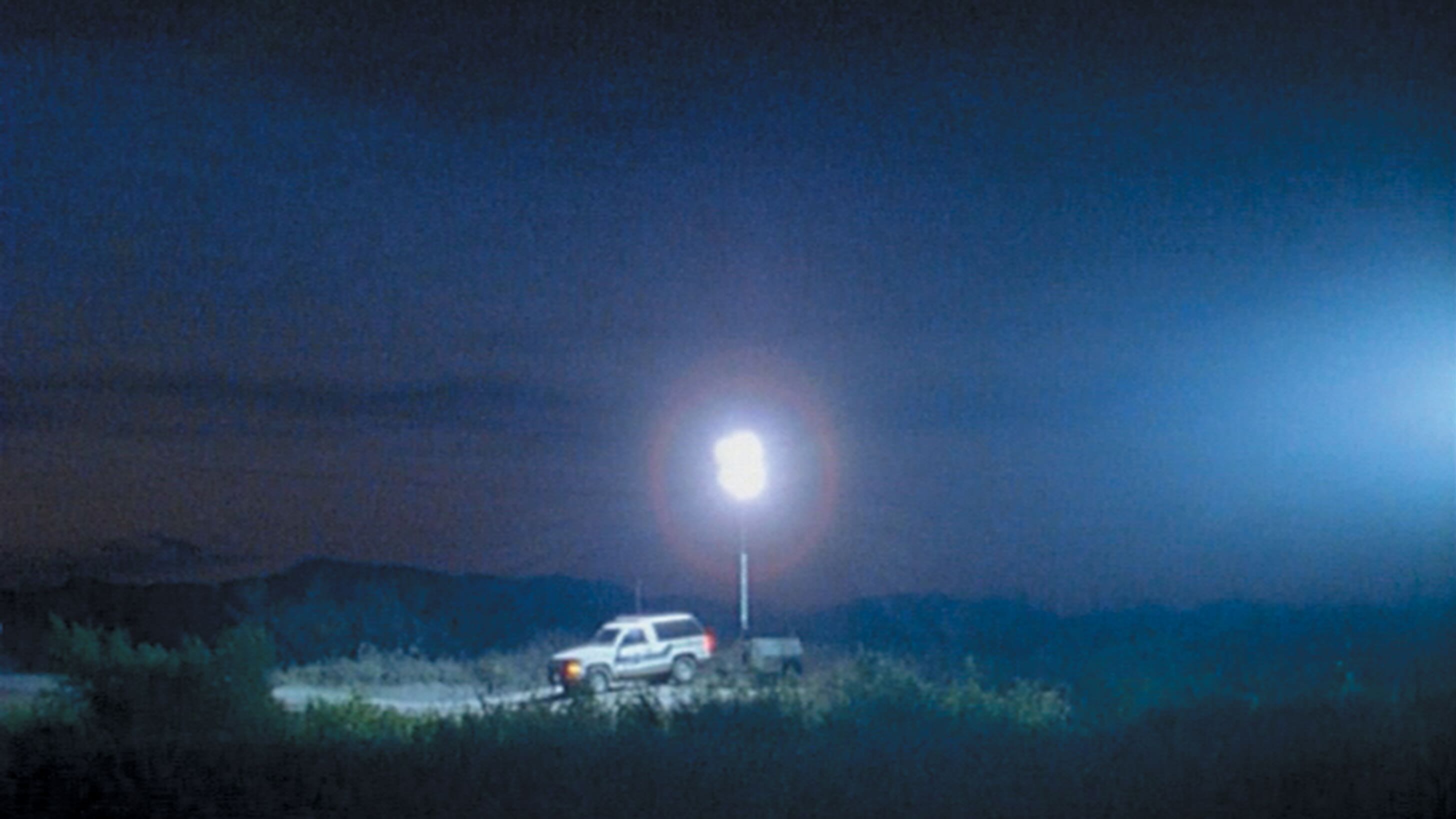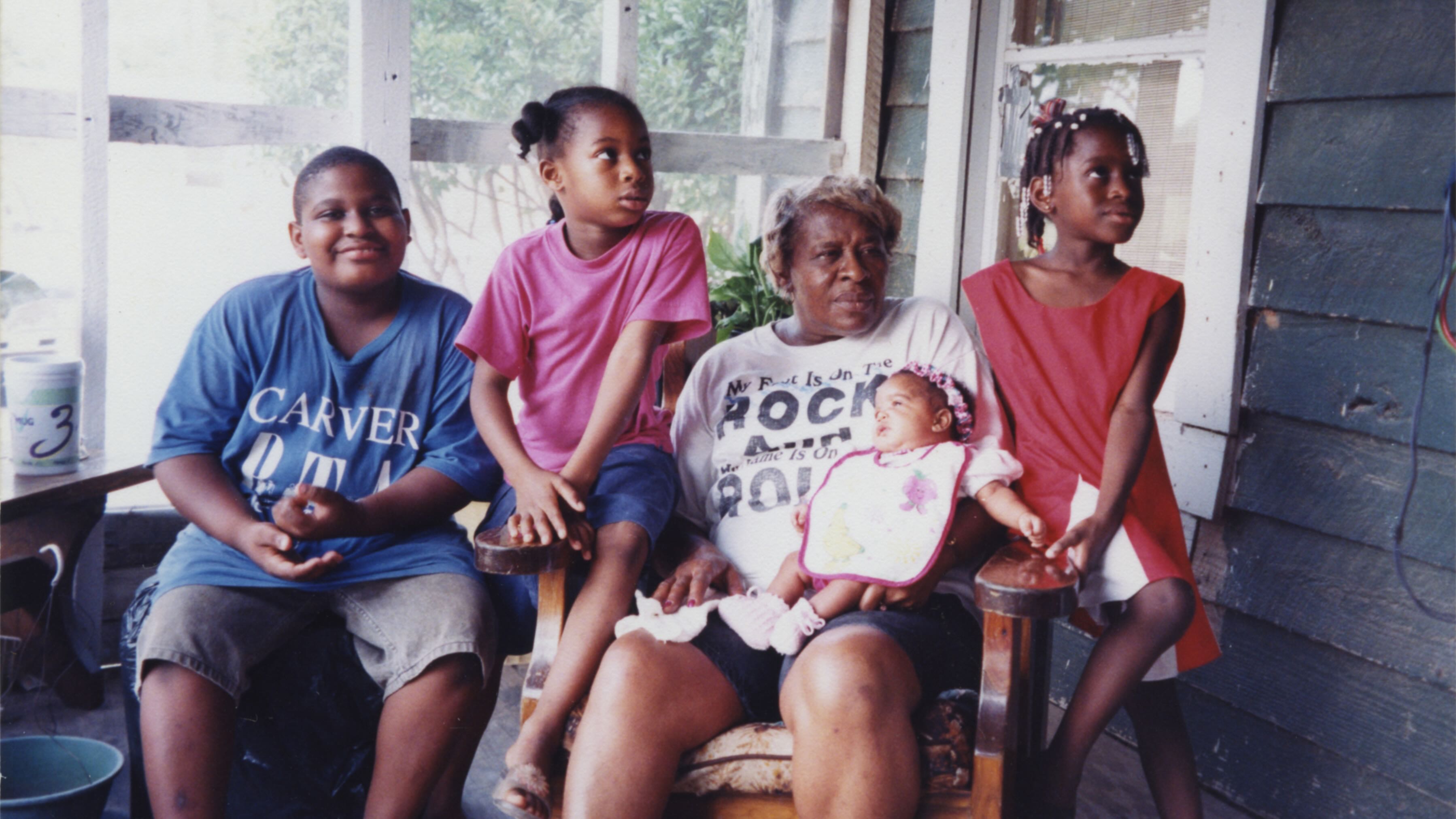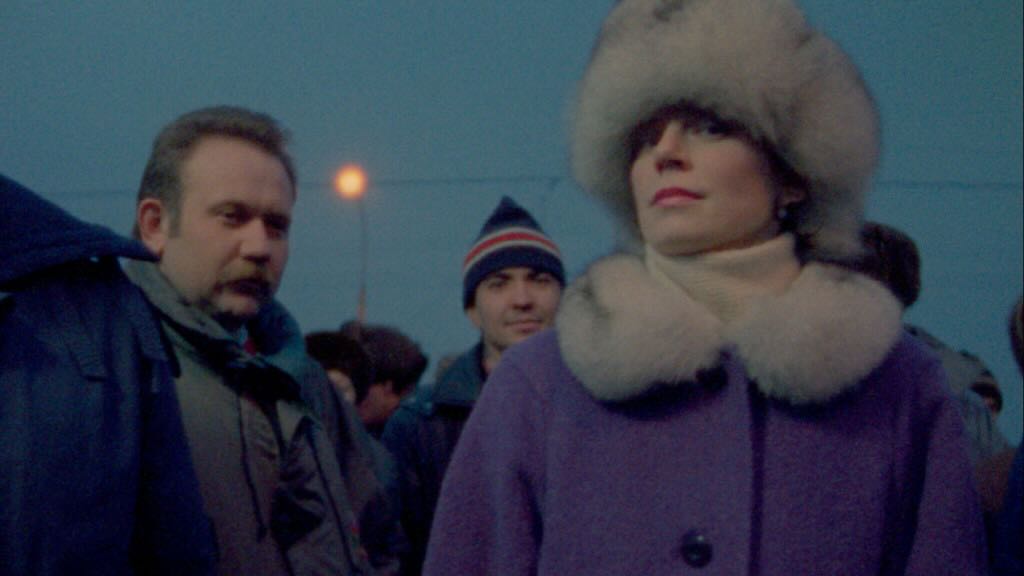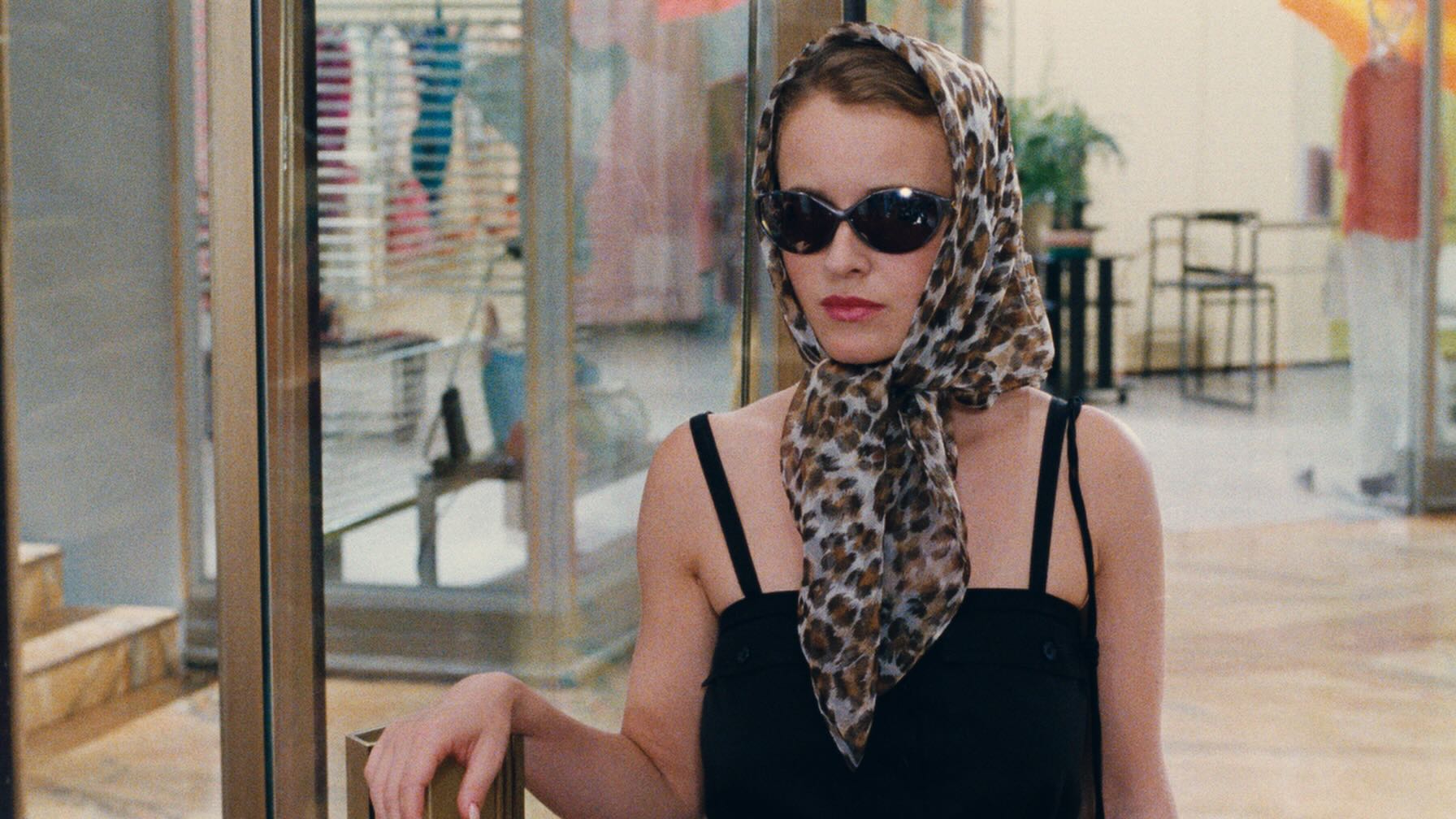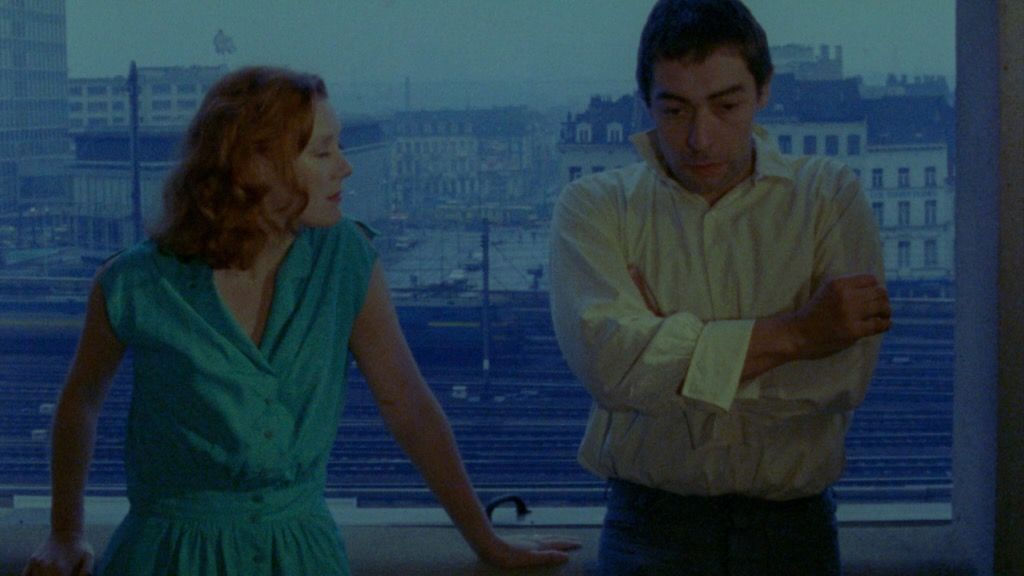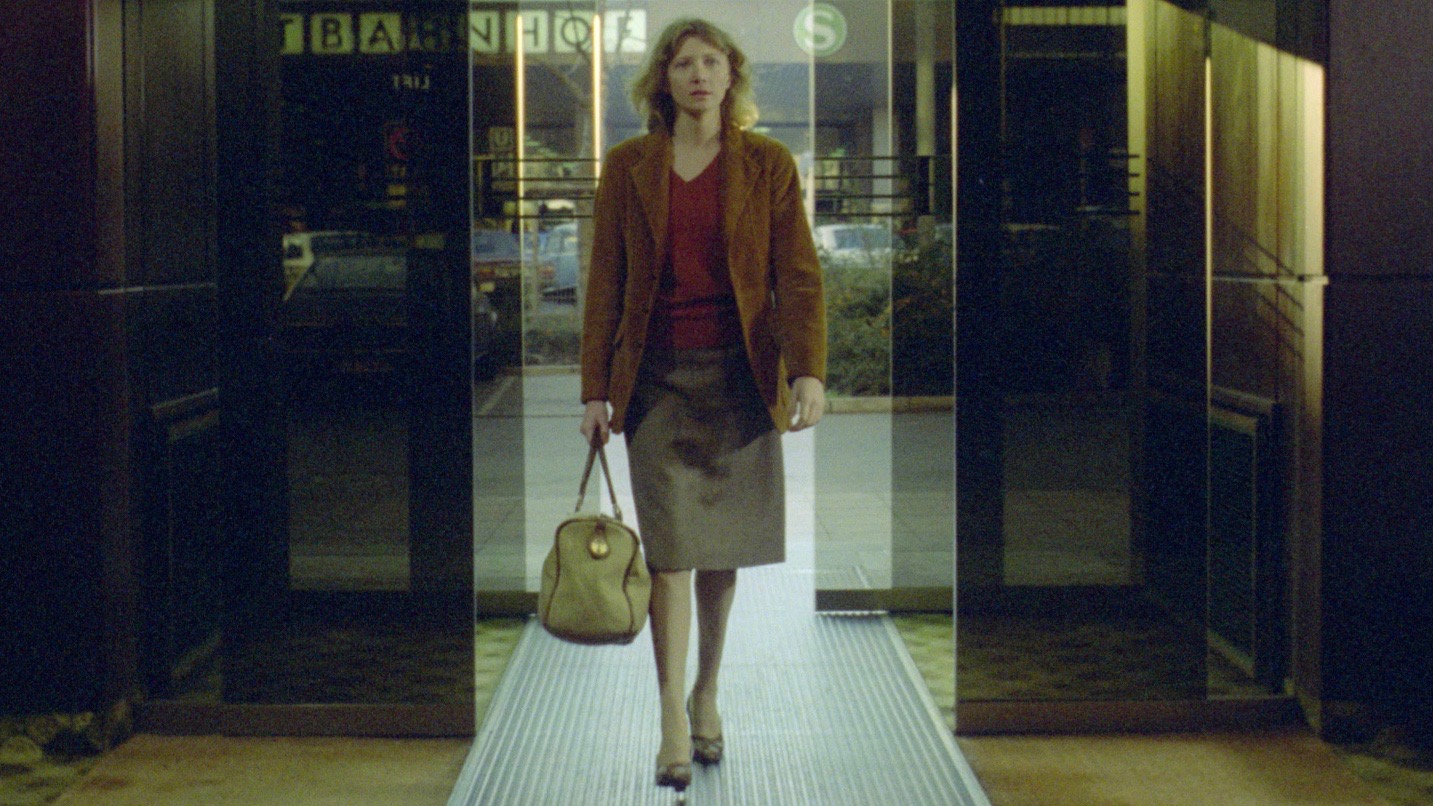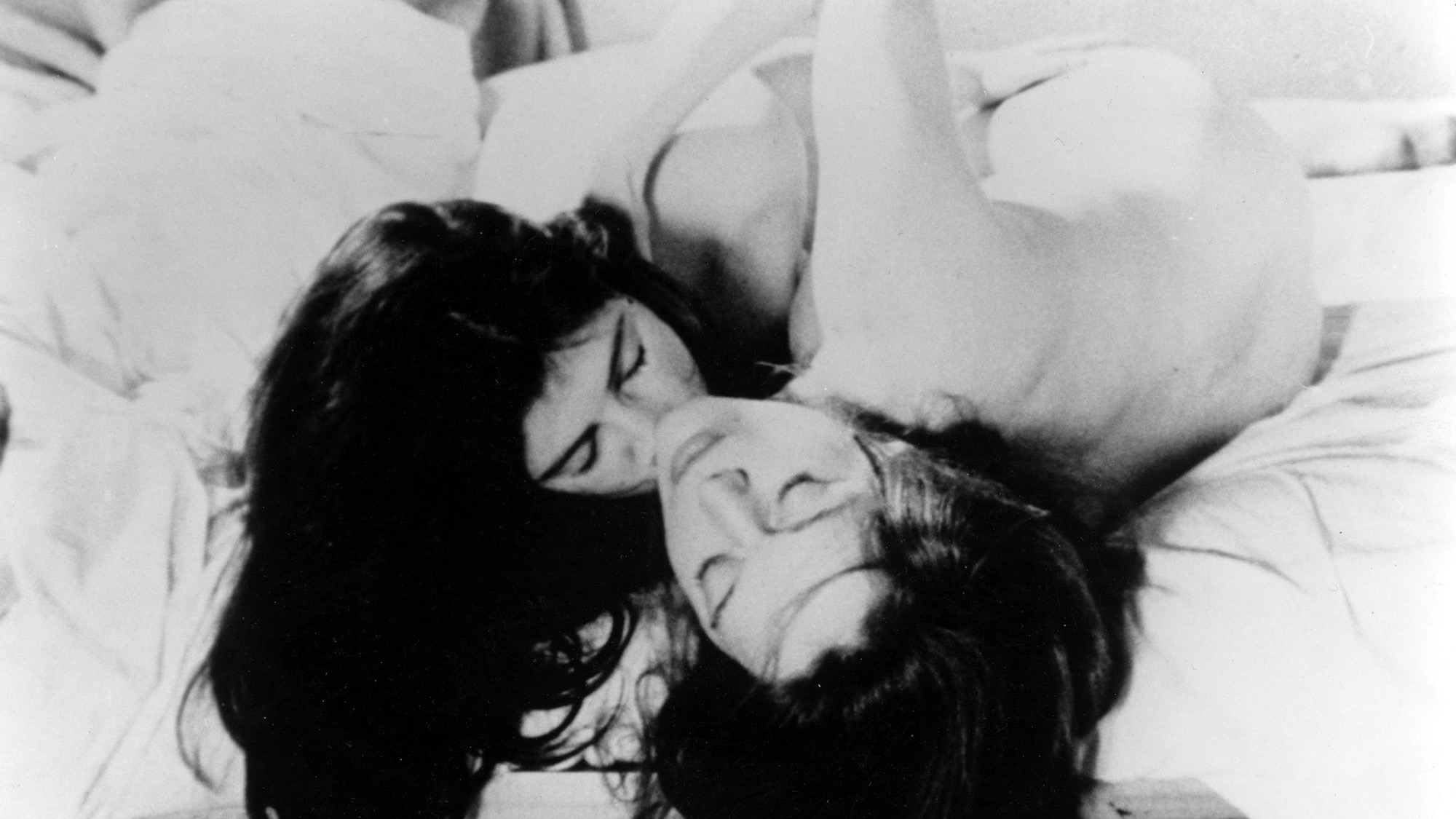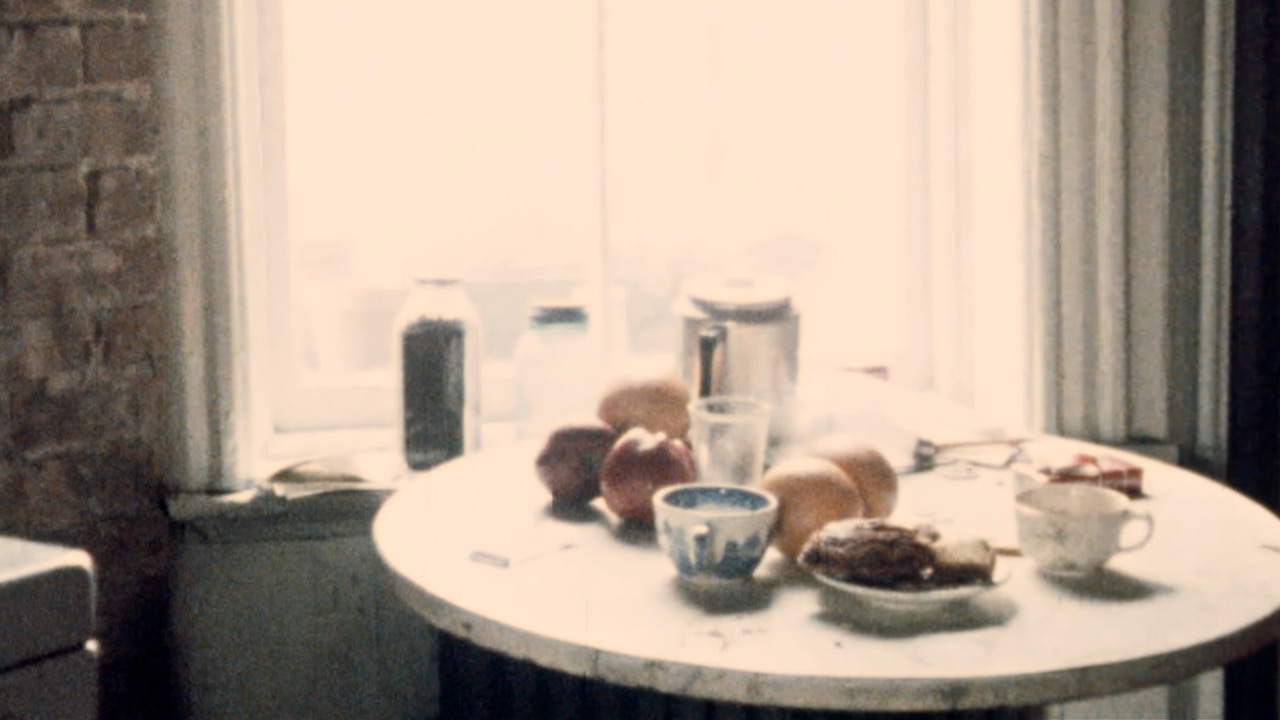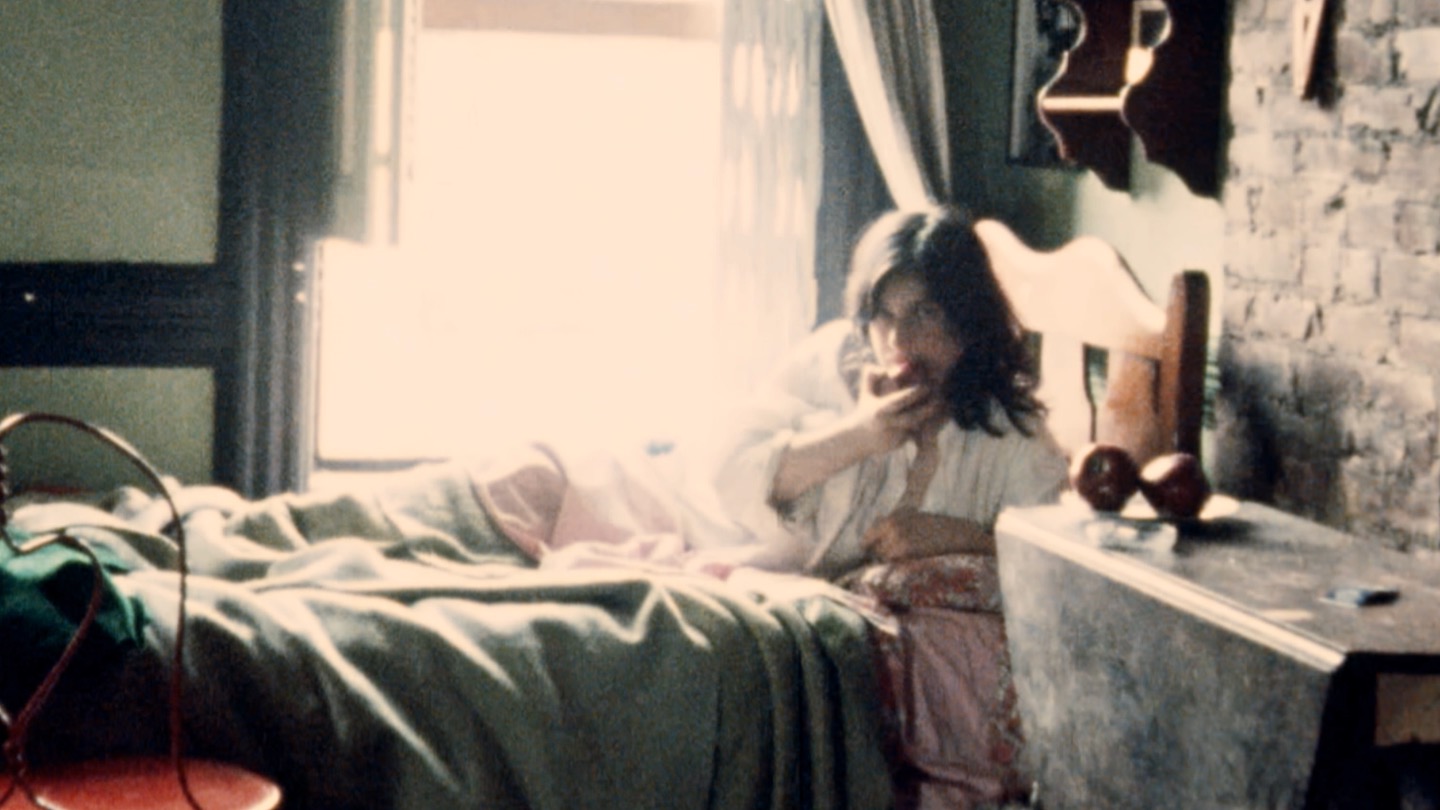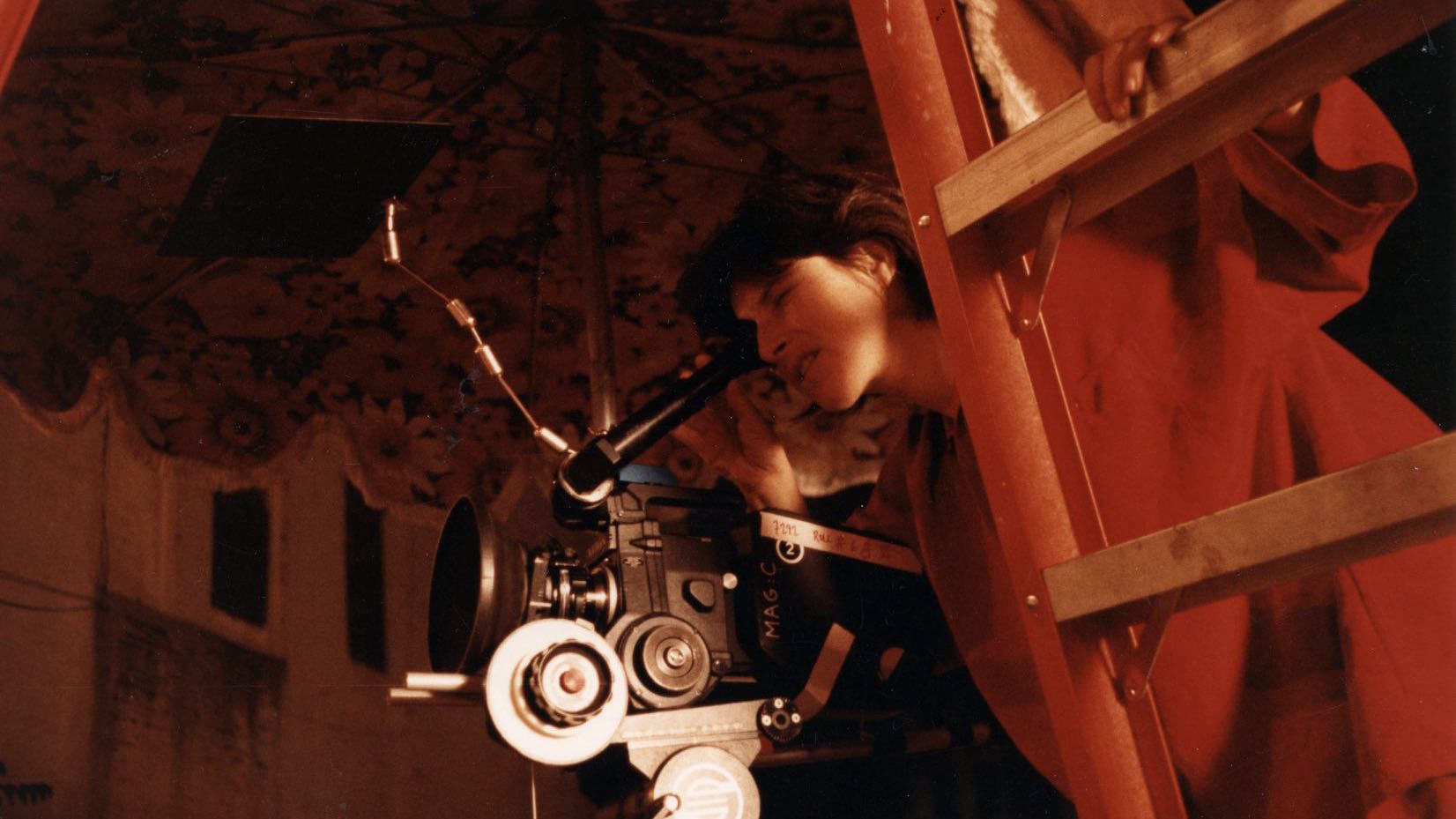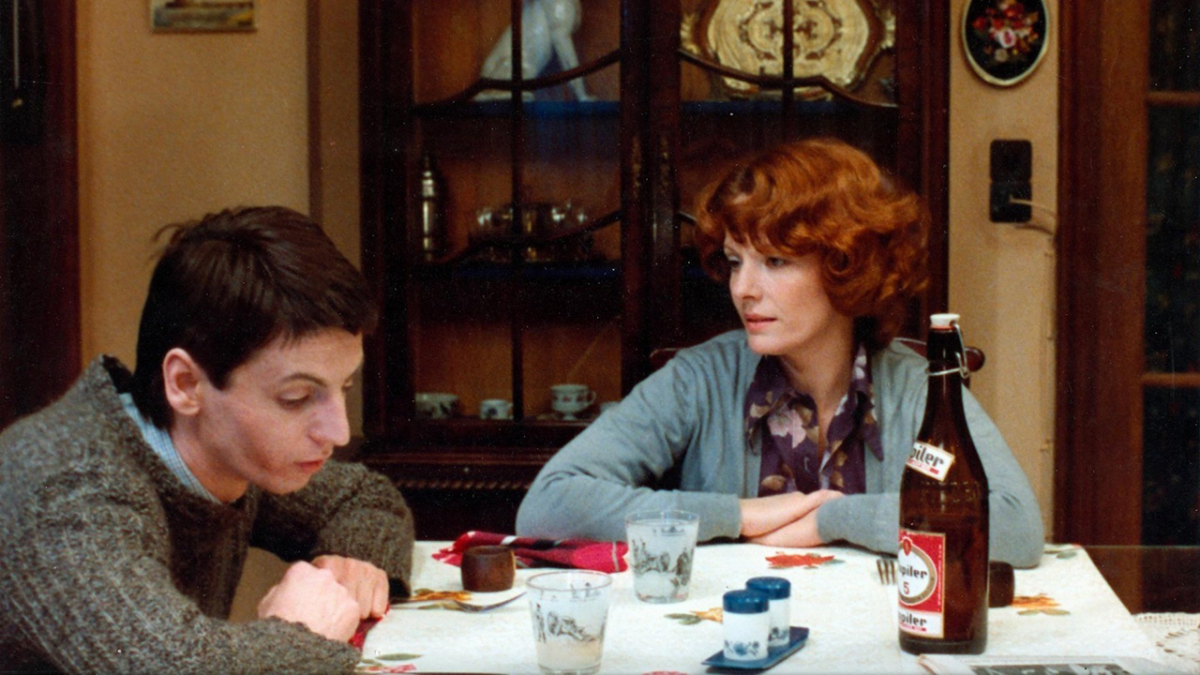

Jeanne Dielman, a young widow living with her son Sylvain, follows an immutable day cycle: while the boy is at school, she manages their apartment, cooks, does house chores, and receives clients in the afternoon. Soon, however, an unexpected incident disrupts her safe routine. This film established Chantal Akerman’s international reputation.
“I don’t know if Jeanne Dielman’s kitchen feels real – for those who have known it, it is astoundingly recognizable. Perhaps it is possible to see Akerman’s films as a venture to portray certain objects correctly and totally. (Brecht: every good poem is also a document.)”
Daniël Robberechts
“There is an air of study about this film. Not that it wants to be studied because it is so complex and intricate, no, the film welcomes intense reflective attention.”
Dirk Lauwaert
“Given this film’s release during the years of militant feminism it was labelled as a symptomatic reflection of women’s alienation. This film is clearly important within the history of cinema. It represents another conception of the drama and character, the management of action and space, the relationship between fiction and reality. Another conception of time, too, for this parameter proved the real bone of contention. How dare the director show in real time the preparation of breaded escalope, the peeling of potatoes and the bathroom rituals of a woman obsessed with the stain of the other? Yet this unbearable length of time inherent in the gesture raises the issue of realism, ironically a quality wholly banished from the film. Beyond the suggestion of three “normal”, infinitely occurring days shown via the repetition of the rituals that make up this life - beyond the suggestion of space (the corridors walked along, the doors opened, the lights turned off), this time allows fiction to burst through the void, the lack.”
Jacqueline Aubenas




